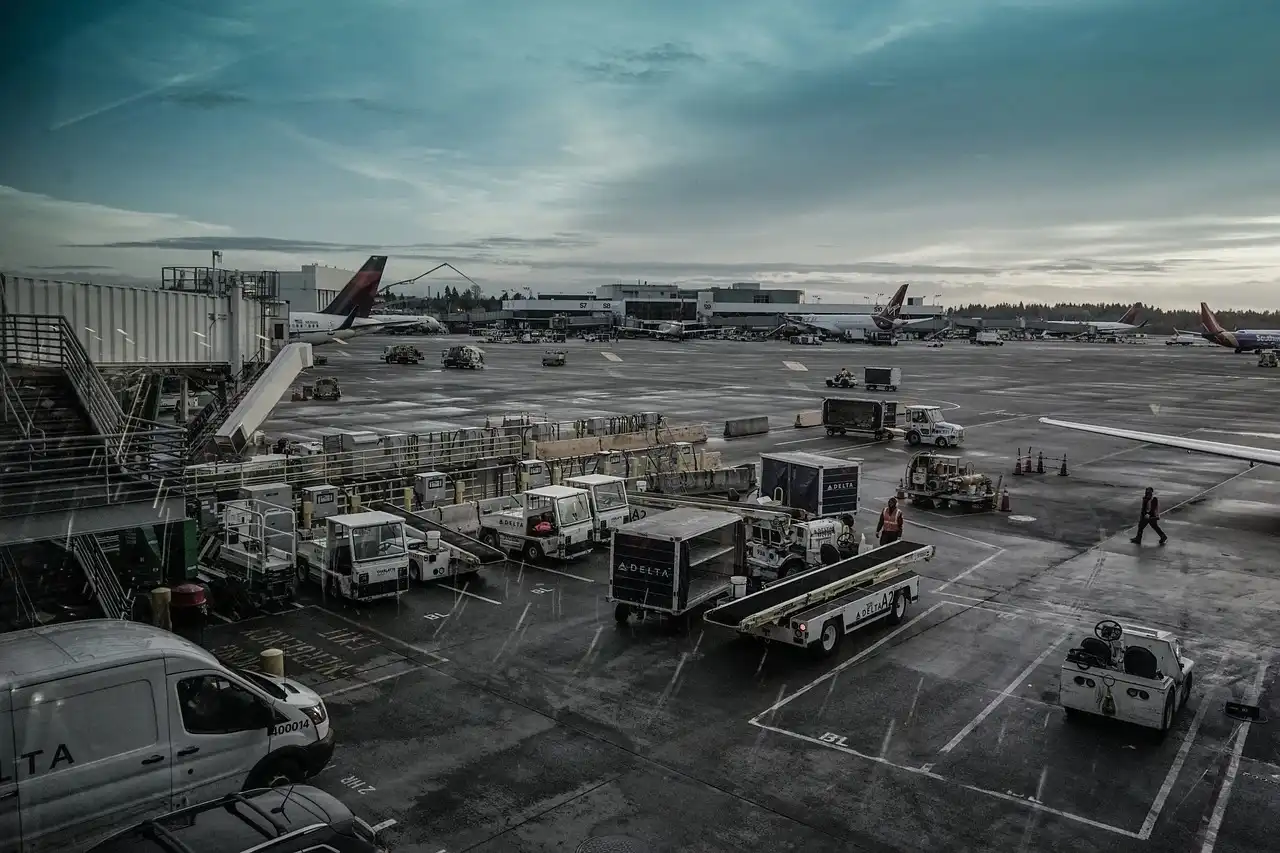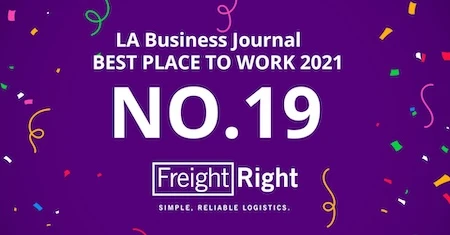

Using a customs broker is standard business practice for importers and exporters. While many companies utilize multiple brokers based on geographic area or forwarder preference, this practice often results in inconsistencies and costly issues. Since the ultimate responsibility for reporting to customs falls to the importer of record, it is crucial for companies to work with trusted customs brokers that are knowledgeable, reliable, and responsive.
This blog will examine the role of a customs broker and explore the problems with utilizing multiple customs brokers. It will also discuss the competitive advantage of working with a combined customs broker and freight forwarder.
A customs broker is a licensed professional who specializes in facilitating import and export processes, ensuring that goods are cleared through customs in a timely and compliant manner. They act as intermediaries between importers, exporters, and government authorities, navigating complex customs regulations, tariffs, and documentation to streamline the international trade process.
A customs broker helps companies understand requirements for import or export, obtains necessary clearances, and submits paperwork and payments to Customs and Border Protection (CBP) on the importer’s behalf. Their industry expertise makes them valuable assets for businesses importing and exporting goods.
Customs clearance is often complicated, and splitting import shipments between multiple brokers can lead to needless hassles and headaches. Here are the challenges that may arise when working with more than one customs broker:
Working with multiple brokers for customs filings leaves more chance of error, since each broker has to be familiar with a company’s commodities and business practices. Errors in the customs process can lead to delays, fees, or even audits. If an importer gets audited, the customs broker will have to provide backup documents to clear things up with customs officers. This process becomes much more complicated if you are working with multiple brokers.
Typically the logistics industry determines pricing based on freight volumes, and this applies to customs brokers as well. Splitting volumes between brokers limits an importer’s negotiating power. Even worse, attempting to price shop customs services on a per-shipment basis significantly increases costs over time.
Multiple brokers mean multiple points for an importer’s shipping, purchasing, and customer service departments and more bills for accounting departments. It also means a higher likelihood of errors at every stage. More contacts and errors invariably mean more work for the importer in the form of phone calls, emails, and invoice auditing across multiple broker partners.
The good news is that importers don’t have to split shipments with multiple brokers to get the job done when sending freight across borders. In fact, they can simply choose a partner that has the ability to manage both freight forwarding and customs. By finding a company that offers expertise in the both processes, importers can minimize risks, costs, and wasted time to provide an optimal experience that allows stakeholders to focus on other aspects of the business. Here are four ways combining a freight forwarder and customs broker into a single contact creates a more efficient experience:
A combined freight forwarder and customs broker can provide visibility to shipments from dock to doorstep, with instant updates at critical points along the journey. With an integrated visibility platform importers can stay abreast of important milestones and changes to ETAs, helping them better manage their supply chain and fulfillment processes in real time. These same visibility tools offer a centralized hub for document management as well, reducing the operational pressure to track, organize, and manage import documents in spreadsheets and external data software. A freight forwarder with customs broker capabilities simplifies shipment tracking and document management for a seamless import process.
The confusion resulting from having multiple freight forwarding and custom brokerage providers is alleviated when combining them into a single point of contact. With more than one broker, any miscommunication that leads to fees and penalties may result in parties pointing fingers at each other. With just one logistics broker, shipping processes are streamlined as the forwarder has the ability to independently manage shipments every step of the way. They’ll also be better able to provide real-time updates and tackle any obstacles instantly as they arise, giving importers confidence that their freight is being managed correctly and consistently.
Assigning a freight forwarder with brokerage capabiities to oversee the customs filing process gives importers more control over costs, especially with large volumes, where companies have more power to negotiate customs fees. Working with a single broker also allows importers to have greater visibility over costs and avoid hidden or unexpected fees. A combined forwarder and customs broker can eliminate inefficiencies that arise from process redundancy while reducing the time and costs of managing multiple provider relationships.
Predictability and reliability are essential traits for a freight forwarding and customs provider. Teaming with a single partner allows importers to know precisely what services they get on every shipment and allows them to measure performance over time. Communication with a single broker is more transparent and straightforward, making it easy for importers to get the information they need, when they need it. A combined provider ensures that all aspects of freight shipping are coordinated seamlessly while offering reliable, responsive service.
Utilizing a single provider for freight forwarding and customs is incredibly beneficial importers in today’s volaile freight market. With over 15 years of experience, Freight Right delivers global supply chain solutions that meet freight forwarding needs and eliminate the hassle of hiring multiple brokers. Contact the experts at Freight Right today to get started.

The drastically changed and changing landscape of international freight forwarding required equally progressing technology.

Freight Right leads in LAX customs brokerage, managing over 100K tons of air cargo annually. Discover our role in LAX’s cargo efficiency and compliance.

The Los Angeles Business Journal has ranked Freight Right as the #19 Best Place to Work.

Why it’s so expensive to ship goods and to travel between multiple U.S. ports.

It has been established: ATA Carnets make the import/export experience of non-commercial goods so much easier, however, the usage of this document, has its own complications and concerns. Many Carnet holders often show concern about when to use each part

The Trade Deal signed between the two governments has become subject to much discussion as critics say that it's vague and doesn't address the actual problems.

The amount of truckers is dwindling and it is not good news for the freight industry. Why is this happening and what are the long and short term solutions?

This blog explores digital air freight and how e-bookings provide a more efficient and faster way for logistics professionals to make connections.

Big and bulky fulfillment doesn’t have to block global growth. Learn how ecommerce brands can ship oversized products internationally with real-time freight rates, duty-paid delivery, and zero foreign inventory.